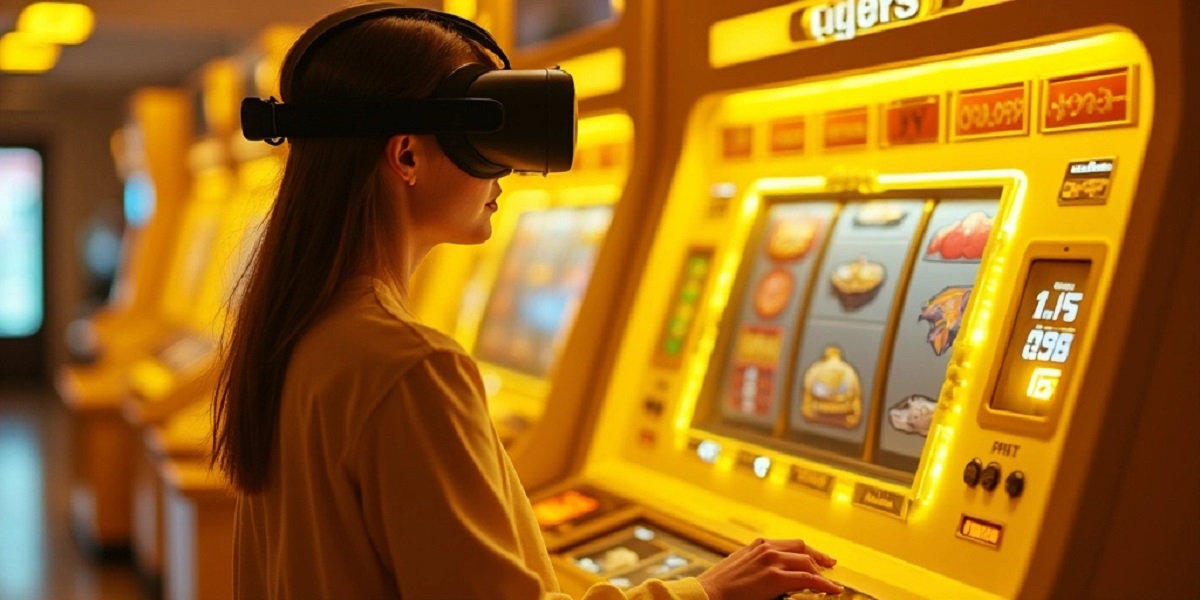Squid Game Season 2 Explores Crypto Fraud but Fails to Impress Fans
- Squid Game Season 2 features a new character involved in cryptocurrency fraud.
- Season 2 has been criticized for slow pacing and a slow and uneventful action.
Season 2 of Squid Game, Netflix’s global sensation, has sparked widespread discussion due to its inclusion of a crypto scam narrative. Among the new characters is Lee Myung-gi, a 30-year-old YouTuber and a crypto scammer. Myung-gi runs a fake MG Coin channel and uses it to deceive people into investing in fraudulent activities.
The show depicts him as a criminal trying to avoid punishment by joining life-threatening games. Myung-gi’s plot is similar to actual cryptocurrency frauds that depict people’s hunger for quick, easy money as well as their greed.
Before the games, Myung-gi planned a Ponzi scheme with the Dalmatian coin, which is not real, and swindled billions of won from investors. His character gives an insight into social media influence and financial crimes.
Parallels to Real-World Scams
The plot is based on the 2021 Squid Game cryptocurrency fraud case. After the first season of the series, fraudsters capitalized on the show’s success to launch the unassociated Squid token. The scheme promised a “play-to-earn” model where people could purchase the tokens, play games, and earn more tokens, which could be converted to fiat currency.
The token’s value skyrocketed from less than a dollar to an incredible $2,861. However, the creators disappeared and revoked all the investments, leaving the investors with nothing but worthless tokens.
Similarly, season two of Squid Game also depicts the risks of investments and the instability of cryptocurrencies through a similar narrative. The show employs Myung-gi’s fixation with checking Bitcoin prices as a satirical nod to the volatility of the markets.
Critical Reception of Season 2
While recent topics such as cryptocurrency scams have been included, the reviews of the new season have been rather mixed. Some have appreciated the complexity of the storyline and the character’s evolution, while others have complained about the first two episodes being rather sluggish.
Rebecca Nicholson from The Guardian stated that the season was slow, and the first few episodes felt sluggish. She said the series picks up momentum when the games are on, but the pace was rather slow. However, Nicholson applauded a major plot twist but expressed doubt about the second season’s creativity compared to the first. She gave the season three out of five stars and called for enhancements for the already greenlit third season.
On the other hand, The Times provided a positive four-star review highlighting the movie’s ‘multi-layered’ approach to themes such as revenge and redemption. According to Tim Glanfield, there was a slow and thoughtful approach to life outside the arena, and he described it as a ‘spectacular comeback.’
The season also introduces new players alongside Seong Gi-hu, who tries to help the new players survive the games. The critics agree that the show remains very much focused on the life-and-death competition aspect, while at the same time, it has endeavored to increase the breadth of the story.




Post Comment